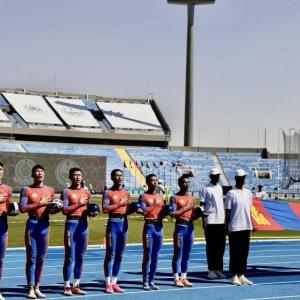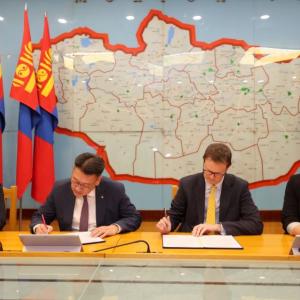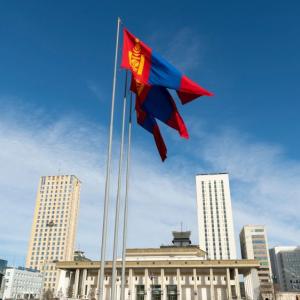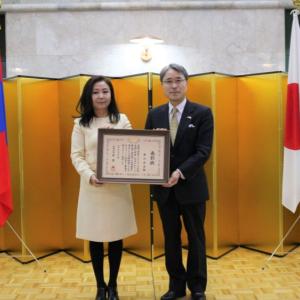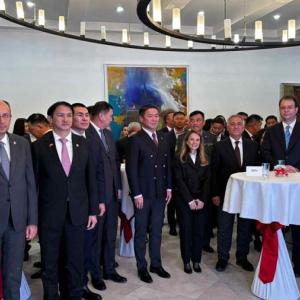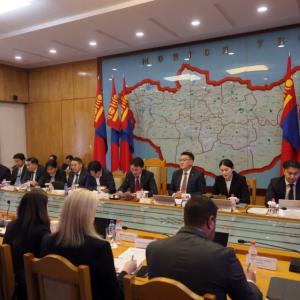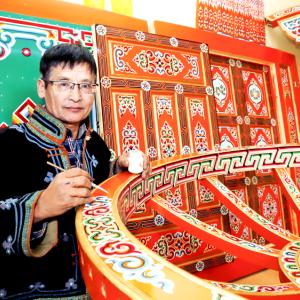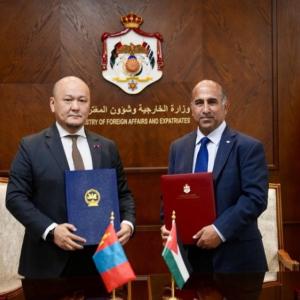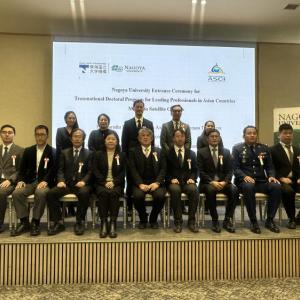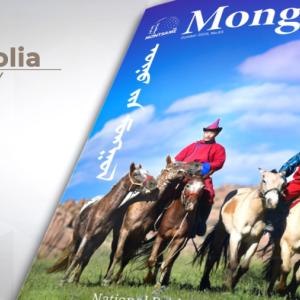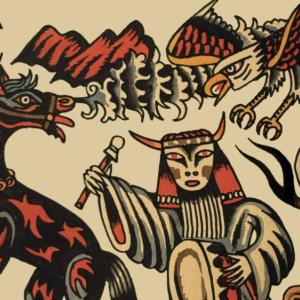Khan Bank sponsors Gobi Bear project
SocietyUlaanbaatar /MONTSAME/ The Gobi bear, also known as Mazaalai, which is listed in the Mongolian and global Red Book, is a very rare species and inhabits strictly protected areas of Mongolia such as Segs Tsagaan Bogd, Ekhiin Gol, the oasis of Atas and Inges, and the Gobi desert. As of 1960, the population of Mazaalai was between 15 and 20 and only 22 remained in 2014 as a main example of endangered species.
With the aim of raising awareness of this species, Mazaalai-Gobi Bear project - initiated by Khan Bank’s Bayankhongor Branch, the Environment and Tourism Department of the province and Khongor Nutgiin Duudlaga NGO - was successfully organized. Within the framework of the project, the Khan Bank Foundation sponsored the establishment of exhibition area, which is showing the real living conditions of Mazaalai through panoramic images, at the Aimag’s Natural History Museum and organized public contests on drawing and creating anthem lyrics for the Mazaalai.
A four-day adventure tour was organized among the best participants of the contest to travel around 1,312 km across the territories, where the Mazaalai are living, and to become acquainted with the lifestyle of the Gobi bear. The project was implemented not only in Bayankhongor aimag, but it also marks the beginning of a nationwide campaign to draw public attention to the Mazaalai, collect funds to protect this endangered species and provide young generations with the knowledge of such very rare and endangered animals.
As a result of public engagement in protecting and increasing the population of other rare species including Koala and Panda bears, there is nobody who does not know about these animals, and all people understand that they should engage in activities to protect them.
“We strongly believe that we can reach such an achievement if we can join together for improving the protection of the Mazaalai, and establish a research and growth center that is needed to help and protect the endangered bear”, writes Khan Bank.
 Ulaanbaatar
Ulaanbaatar












